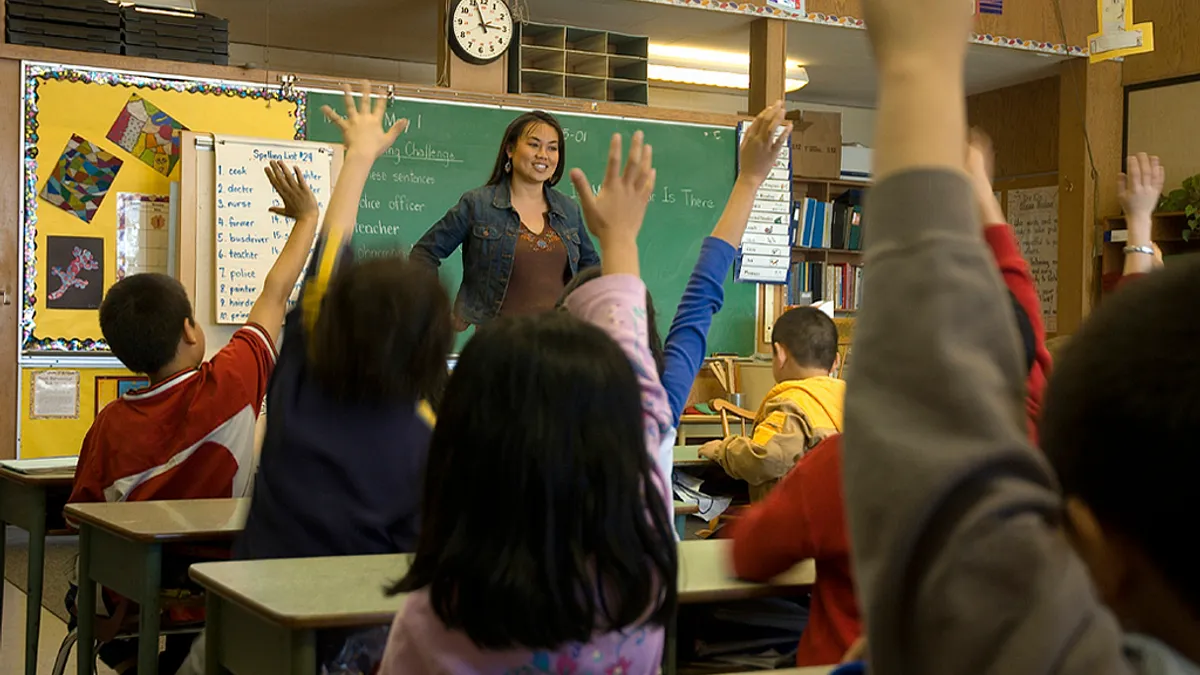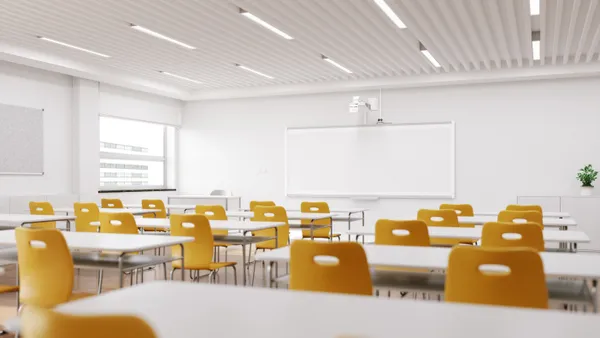The newly-launched Urban Social Justice Teacher Preparation Program located at the Rutgers University Graduate School of Education is hoping to better prepare future educators to teach diverse groups of students. The school has instigated partnerships with a number of local New Jersey school districts to help offer professional development for educators in those districts, as well as offer students at the graduate school in-the-classroom experience.
The opening of the new program comes alongside an increased recognition of the stark gaps between students from different backgrounds in terms of graduation, availability of resources at schools and student outcomes after graduation. Evidence also indicates there is a lack of diversity in the K-12 teaching field in comparison to the student population; a recent analysis by the Task Force on Diversifying Virginia's Educator Pipeline found that only 21% of the state’s teachers are non-white, while 49% of the state’s students ae non-white. These trends are only likely to continue nationwide, with the GSE noting the number of students from “underserved groups” exceeded the number of white students in the country three years ago. A 2016 report from the U.S. Department of Education found educators in elementary and secondary schools in the country “are relatively homogeneous racially,” with 82% of the educators in public schools being white, with only 20% of principals in the U.S. being non-white in the 2011-2012 school year.
A recent report from the Western Interstate Commission on Higher Education found that the southern and western areas of the United States are likely to see substantial population growth of high school graduates due to an increased percentage and number of Hispanic students. The same Education Department report also noted that students of color were expected to comprise 56% of the student population in the country by the year 2024, which means the need for proficiency in promoting equity and cultural diversity among classroom hires will only intensify.
Dr. Nora Hyland, the Associate Dean & Faculty Director of Teacher Education at the graduate school, said the goal of the program is to ensure that any educator who completes the program will be prepared to “educate and engage” with any students in the classroom from any kind of background, in a way that could offer New Jersey school districts capable and socially-conscious classroom teachers.
“We want our students to see themselves as partners with parents, and with guardians and with grandparents, and all the others who are parts of the young people’s and children’s lives,” Dr. Ariana Mangual Figueroa, an associate professor in the Graduate School of Education, said in a video detailing the new program. “So our approach then has been to develop these core relationships with a set of urban districts where we can really spend time.”
One additionally important aspect of preparing future teachers for culturally diverse classrooms is to find ways to incorporate culturally relevant materials into the curriculum. At a institute on focused on challenges in educating racially diverse classrooms held at Columbia University this past summer, Dr. Christopher Emdin, an associate professor with the university’s Teacher’s College, cautioned educators on framing such curricula in preconceived notions and biases they may inadvertently bring into the classroom. At the same conference, Professor David Kirkland, the executive director of the NYU Metropolitan Center for Research on Equity and The Transformation of Schools, said school leaders would have to push against engrained forces and conventions that may inadvertently retain classroom inequity.
The challenges facing educators are numerous, but teachers at the Rutgers Graduate School of Education, including Dr. Kedra Gamble, an assistant professor of professional practice and community school partnership liaison, touted the benefits of fully engaging budding educators with the importance of centralizing social justice practices in the classroom.
“It allows our students to see themselves as change agents, to see their role as an educator to be able to foster that passion to education and justice and equity in the students they teach,” she said.






 Dive Awards
Dive Awards








